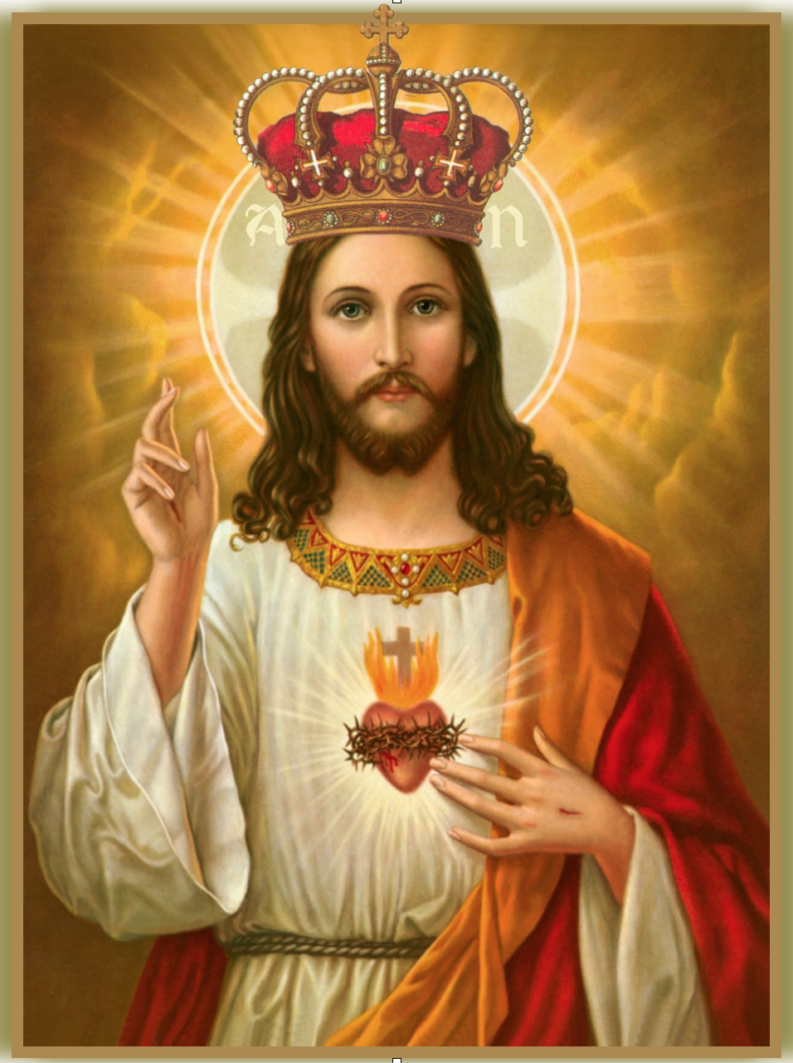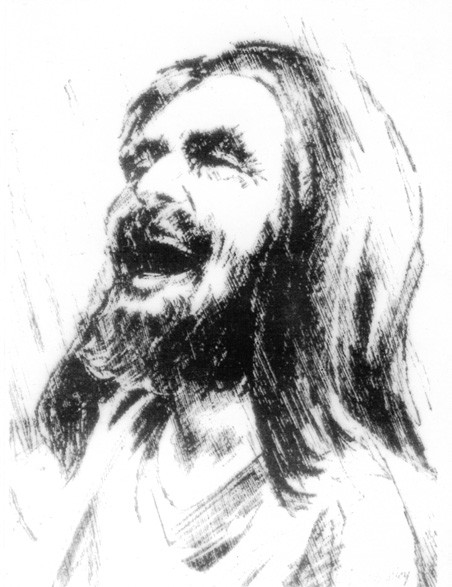|
Today is Memorial Day. A day of remembrance. Remembrance is not a concept locked in the past. Remembrance carries the past forward. I am terrible at remembering the exact wording of even the most common of phrases. There are so many songs that I love and have heard hundreds of times, but I can remember the lyrics of only a few. Something is miswired in my brain. When I try to memorize something, the new line usually replaces the line I had down pat. It doesn’t build on it; it replaces the previous. But a statement of Jaroslav Pelikan, an historian of Christian thought, has remained somehow with me for decades. He stated: “Tradition is the living faith of the dead. Traditionalism is the dead faith of the living.” Traditionalism is the uninspiring repetition of the past simply because it was in the past. I remember being terribly agitated by most of my seminary classes because the answer to many of my questions of “Why?” was “That’s the way it’s always been done.” For one, I knew this wasn’t true. Also, it’s a cop-out. If we can’t answer why we do something, it has lost its meaning and power. It is uninspired and uninspiring. Tradition, on the other hand, is the continuing relevance of the past. It is the translation into a presently meaningful form of what was meaningful to previous generations. It is, for instance, taking Jefferson’s “all men are created equal” and realizing that even if Jefferson never intended it to mean slaves and women that this is actually what it does mean. Tradition seeks to understand the “why” of what we inherit and to carry the “why” forward rather than just mimic what once was. For me “tradition” melds with “progress.” Tradition, in this sense, must be open to discovery and even creation, and discovery and creation carry with them that fearful concept of change, and it is that fear of change that stifles tradition and demotes it to traditionalism. Isaiah shares a powerful warning against such a fear of change. King Uzziah reigned for 52 years over the land of Judah. When he died, Isaiah feared the future. The past was not exceptional, but it was steady. The future was unknown. The fear of change overwhelmed the possibility of progress. The northern kingdom of Israel and its ally Aram (modern Syria) threatened Judah. This was the reality that beset Isaiah’s people during the dangerous period of transition. But it was in this same circumstance that the prophet was the privileged witness of God’s heavenly throneroom. God reminds His prophet that He remains in power even as change envelopes Isaiah’s people. It is in this context that we first hear of Immanuel, the Prince of Peace. For Christians, Immanuel is Jesus - “a child has been born for us, a son given to us.” Jesus personifies change and tradition simultaneously. Without tradition as change, there is no Christianity. And it probably does not serve us well to re-imagine the Saviour who more than likely referred to Himself as Son of Man, as a brother in our shared humanity, rather than as Messiah, who eschewed the trappings of power and prestige to walk among fishermen, farmers, shepherds, prostitutes, tax collectors, the sick, the disabled, and women and children, to then paint Him in the likes of human royalty. Jesus of Nazareth was not an act endured for 30 some years. Jesus of Nazareth is the perfect revelation of the eternal nature of God. So let’s not be afraid to maintain the tradition of our Immanuel, God with us - now, still, always. Let’s remember that our past embraces change. Let’s remember the “why” of a humble, joyous Saviour as we dare to move forward as His church in our present, making the church as welcoming as our welcoming Saviour would intend. Let’s remember that this is why Hatfield Congregational is an Open and Affirming Church. How does Jesus want us to continue to express His lived revelation of love, compassion, empathy, joy and community? That’s remembrance. Let’s remember our past and see where it takes us today. As a friend posted recently as she looks toward the future: “But Jesus looked at them and said, ‘For mortals it is impossible, but for God all things are possible.’” (Matthew 19:26)
Rev. Randy
0 Comments
Leave a Reply. |
NewsFaith, love and chitchat. Categories
All
Archives
June 2024
Follow
|
|
SERVICE TIMES
Sunday 9:30-10:30am Children Sunday School 9:30-10:30am Nursery care available during worship DONATE Make a single or recurring contribution by clicking here |
FOLLOW
|



 RSS Feed
RSS Feed
